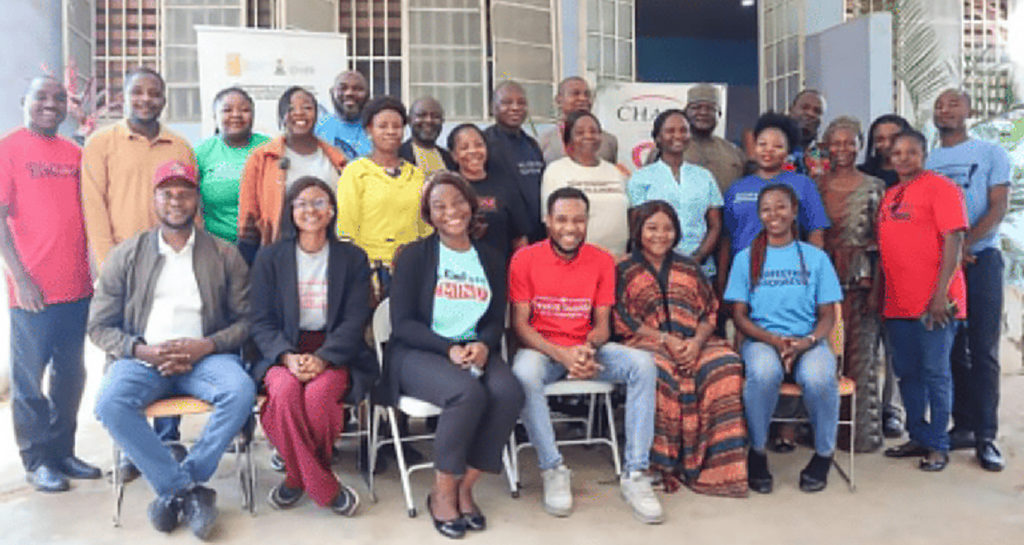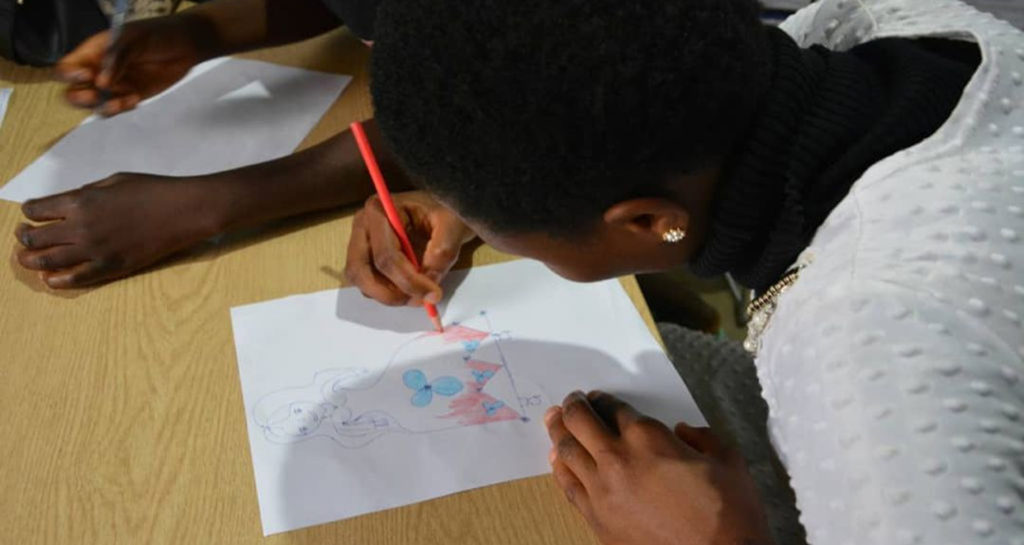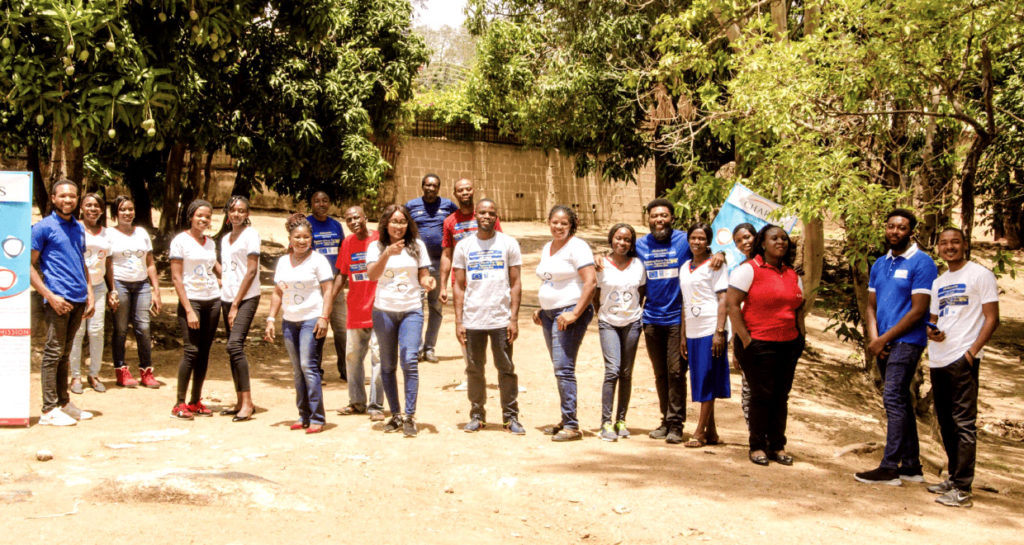Despite growing neglect and a lack of financial support to address mental health issues in Nigeria, one organization is promoting a holistic approach, providing a lifeline to individuals and families.
By Nanji Nandang
Gombe, Nigeria – In 2003, Sani Gomna, a young man who had just taken office at the Gombe State House of Assembly, experienced a terrifying encounter that would alter the trajectory of his life.

While walking home one night, he froze at the sight of a gaunt, naked figure blocking his path. The figure lunged toward him, leaving Sani gripped with fear.
“I shouted at the top of my voice, ‘Jesus,’ and the creature disappeared,” Sani recalls. The following morning, he was no longer the same.
Sani, popularly known as “Kichi-kichi Uban Naira” in local political and drug circles, withdrew from society, lost his appetite, and became erratic. “I would walk around aimlessly, sometimes even without shoes, and consume alarming amounts of drugs—50 tablets of tramadol in a day,” Sani says. “I even got into fights with moving vehicles.”
Sani’s descent into substance abuse and mental illness is part of a growing crisis in Northern Nigeria, where over 30 million people are estimated to suffer from drug use disorders.

Sani’s struggles began after losing his parents at the age of seven. He and his siblings were left in the care of an uncle vying for political office. Following his uncle’s election victory in 2003, Sani joined his entourage but soon fell victim to substance abuse.
Over the years, his condition worsened. Despite his sisters enrolling him in various rehabilitation centers, he would relapse each time. During one of these attempts, Sani met Praise Mwueseter, the founder of Charis Healthcare and Community Initiative.
Founded in 2015, Charis offers holistic care for vulnerable individuals struggling with mental health issues. Praise’s gentle approach to counseling marked a turning point for Sani. “Meeting Praise was one of the best things that ever happened to me,” he said. “Praise approached me with such gentleness and kindness.”
Through weekly counseling sessions, Sani found a path to recovery. By 2019, he had quit drugs and alcohol.
Charis’s programs address the lack of awareness about mental health in Nigeria, where less than 15% of people with severe mental illnesses have access to care
.“The lack of knowledge and understanding was interfering with the way people were responding to or providing care for individuals with mental health challenges,” Praise noted.
From Streets to Stability
Charis’s impact extends beyond individuals like Sani. For John Ogenetega, abandoned by his mother and who suffered abuse on behalf of a stepmother, the streets became his refuge at age 11.

“I started smoking at 14 and barely survived on odd jobs,” John recounts. After his father’s death, he encountered Praise, who helped him leave the streets, enrolled him in school, and provided the stability he needed to heal.
Charis’s multifaceted approach includes spiritual care, trauma healing, life-skill coaching, advocacy, and community-based support. Since its inception, the organization has reached over 6,700 beneficiaries, rescued at least four individuals with severe mental illness from the streets, and provided free counseling and treatment to more than 1,200 persons.
“Charis’ environment is therapeutic; it puts me in a calm and peaceful state. It has helped me heal,” John says.
Program Manager Henry Ojenya highlights the broader implications: “Mental illness is something that affects the brain, but mental health is a state of tranquillity and stable emotional state, where a person is able to realize their potential.”
Charis has faced numerous hurdles, from societal stigma to funding shortfalls, but it continues to thrive.
Ojenya commends the passage of Nigeria’s Mental Health Act in 2023, which replaced the outdated Lunacy Act and offers a framework for protecting the rights of people with mental illness.
However, he notes the lack of funding as a persistent issue. “It was difficult to get funding, not until January this year when the World Health Organization launched financing for mental health, which has not been cascaded to Africa yet,” Oyenja added.
For Patrick Uja, another beneficiary of Charis, mental illness led to two decades of homelessness. “I lived on the street, eating from the bin and being exposed to danger,” he says. “Charis picked me, paid for my treatment, and gave a meaning to life.”
Patrick is now learning poultry farming—a skill that symbolizes his fresh start.
Charis Healthcare and Community Initiative is not only transforming lives but also reshaping perceptions about mental health in northern Nigeria.
With increased awareness, strategic programs, and resilience, the organization is proving that recovery and dignity are possible even in the face of societal and systemic challenges.
This story was initially published in Primer Progress (Nigeria) and is republished within the Human Journalism Network program, supported by the ICFJ, International Center for Journalists.
